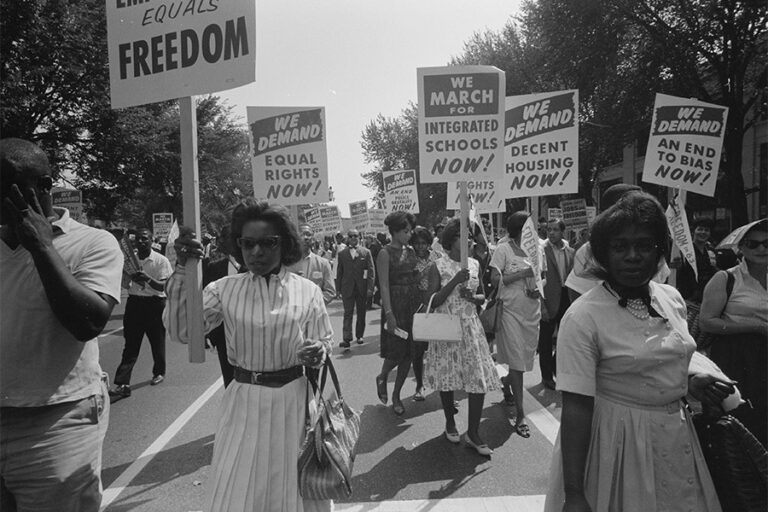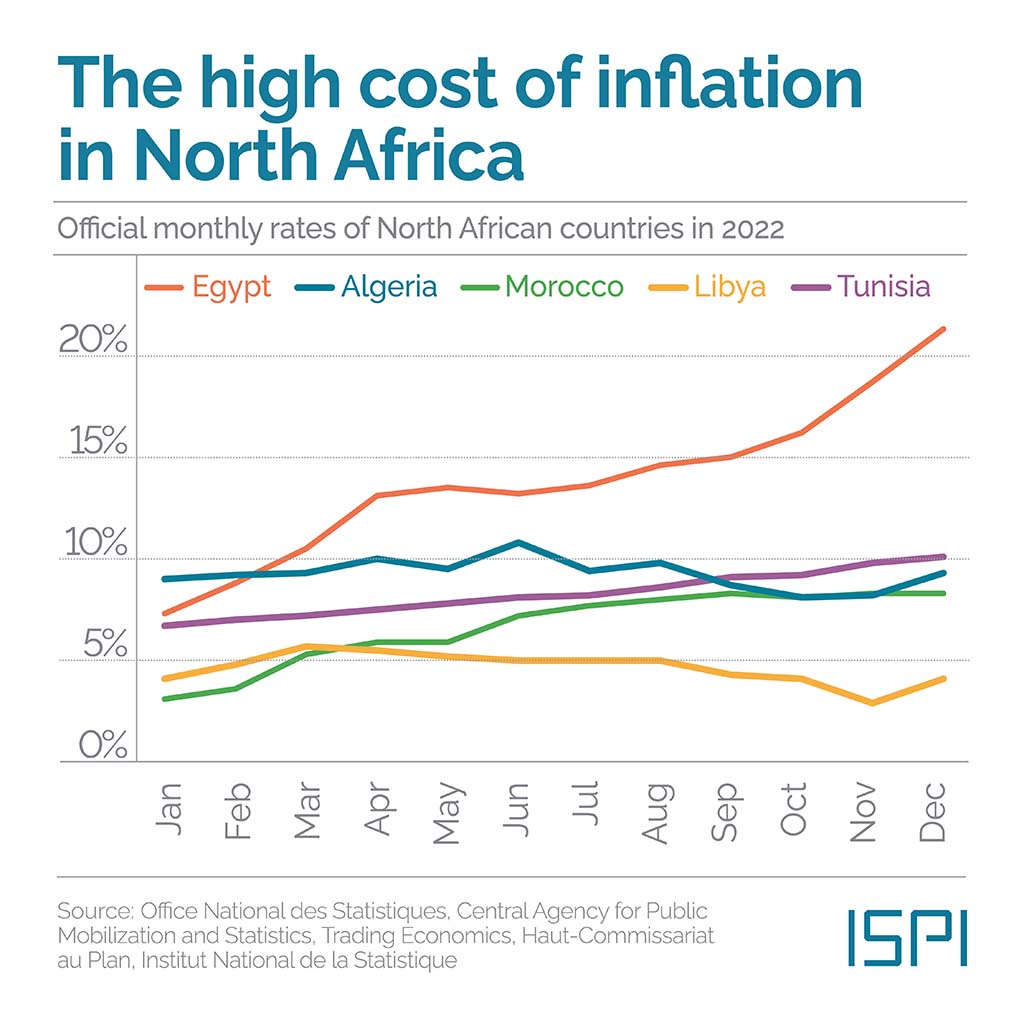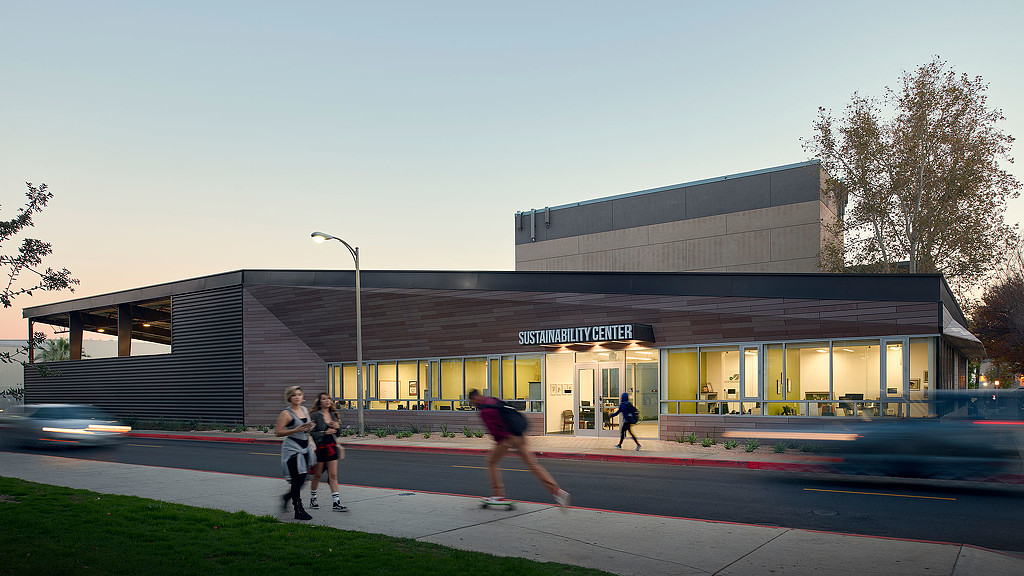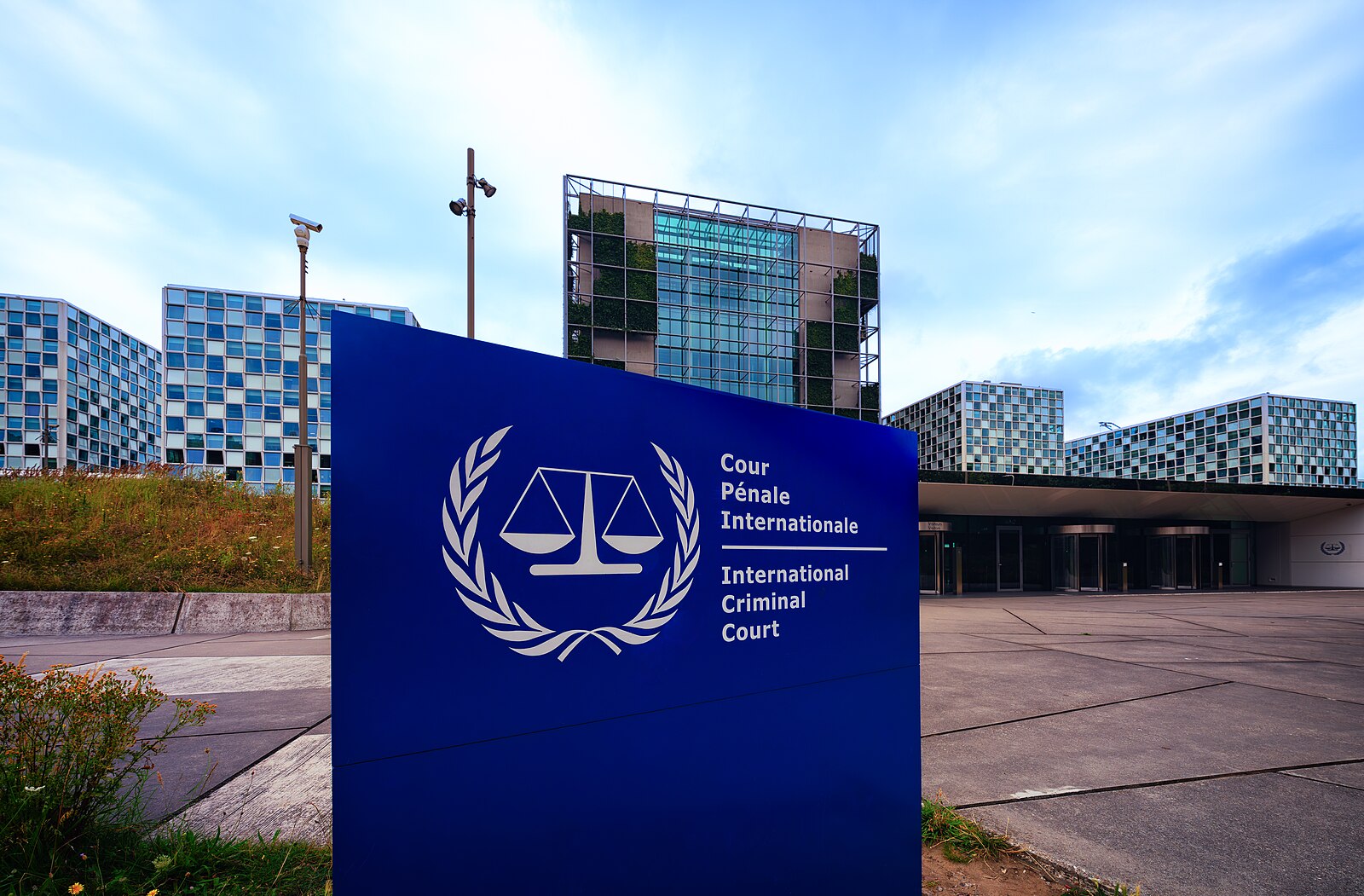Report on the Life and Work of Fr. Ray Kemp in Alignment with Sustainable Development Goals
1.0 Executive Summary
This report details the life and work of Fr. Ray Kemp, a lifelong resident of Washington, D.C., and a key figure in community engagement at Georgetown University. His career as a priest, educator, and activist demonstrates a profound and consistent commitment to principles that directly align with several of the United Nations Sustainable Development Goals (SDGs). His efforts have focused on fostering social justice, educational equity, and strong community partnerships, contributing significantly to SDG 4 (Quality Education), SDG 10 (Reduced Inequalities), SDG 11 (Sustainable Cities and Communities), and SDG 16 (Peace, Justice and Strong Institutions).
2.0 Background and Formative Experiences
Fr. Kemp’s dedication to social causes is rooted in his upbringing and early experiences in Washington, D.C. Born and raised in the city, he witnessed pivotal historical moments that shaped his worldview. His vocational calling as a priest in the Archdiocese of Washington provided a platform to advocate for racial and social justice.
3.0 Advocacy for Social Justice and Reduced Inequalities (SDG 10 & SDG 16)
Fr. Kemp’s work is fundamentally aligned with SDG 10 (Reduced Inequalities) and SDG 16 (Peace, Justice and Strong Institutions). His activism was significantly influenced by the Civil Rights Movement and its leaders.
- Civil Rights Activism: As a young seminarian, he participated in the 1963 March on Washington, an event he identifies as a critical moment in his development. He was deeply influenced by Dr. Martin Luther King Jr., whom he considers a personal hero.
- Engagement with Systemic Issues: His early assignments as a priest placed him in communities grappling with systemic challenges. He worked on urban affairs, addressing issues of race, poverty, and housing, which are central to achieving SDG 1 (No Poverty) and SDG 11 (Sustainable Cities and Communities).
- Response to Injustice: The assassination of Dr. King in 1968 served as a “baptism by fire,” solidifying his understanding of the consequences of prolonged social and racial oppression and reinforcing his commitment to building peaceful and just societies (SDG 16).
4.0 Contributions to Quality Education and Community Partnerships (SDG 4 & SDG 17)
Fr. Kemp has dedicated a significant portion of his career to advancing educational equity and building robust community partnerships, directly supporting SDG 4 (Quality Education) and SDG 17 (Partnerships for the Goals).
4.1 Educational Equity
- Public Service: He served as an elected member of the D.C. State Board of Education, where he actively fought for educational equity for all students in the city.
- University Engagement: At Georgetown University, he works as an adjunct theology professor and supports students through initiatives like the Community Scholars Program and the Georgetown Scholars Program, which are designed to assist students from under-resourced backgrounds, thereby promoting inclusive and equitable quality education (SDG 4).
4.2 Fostering Partnerships for Sustainable Communities (SDG 11 & SDG 17)
Since joining Georgetown University in 1992, Fr. Kemp’s primary role has evolved into that of a community liaison, embodying the principles of SDG 17 (Partnerships for the Goals).
- University-Community Linkage: As Special Assistant to the President for Community Engagement, he connects the university’s academic and intellectual resources with the needs of Washington, D.C. He facilitates partnerships between Georgetown and local organizations to address urban challenges.
- Community Organizing: His core philosophy is rooted in community organizing, which he believes is essential for fostering dialogue and mutual understanding. He works to bring diverse groups of people together, emphasizing the inherent dignity of every individual, which is a cornerstone for building inclusive, safe, and resilient communities (SDG 11).
5.0 Conclusion: A Legacy of Sustainable Development Advocacy
Fr. Ray Kemp’s life’s work serves as a case study in local action that advances global goals. His dedication to dialogue, community building, and social justice has made a tangible impact on Washington, D.C. His efforts directly contribute to the following Sustainable Development Goals:
- SDG 1: No Poverty: Through his involvement in the Poor People’s Campaign and work on urban issues.
- SDG 4: Quality Education: Through his service on the D.C. State Board of Education and mentorship in Georgetown’s scholar programs.
- SDG 10: Reduced Inequalities: Through his lifelong advocacy for racial and social justice inspired by the Civil Rights Movement.
- SDG 11: Sustainable Cities and Communities: Through his focus on community organizing and strengthening the cultural and social fabric of D.C.
- SDG 16: Peace, Justice and Strong Institutions: Through his role as a faith leader promoting social causes and building just institutional practices.
- SDG 17: Partnerships for the Goals: Through his official role connecting Georgetown University’s resources with community organizations to serve the city’s needs.
Analysis of SDGs in the Article
1. Which SDGs are addressed or connected to the issues highlighted in the article?
-
SDG 4: Quality Education
The article highlights Fr. Kemp’s commitment to education, specifically his fight for “educational equity as an elected member of the DC State Board of Education.” It also mentions his work with students at Georgetown University through the “Community Scholars Program and Georgetown Scholars Program,” which aim to support students, implying a focus on inclusive and accessible education.
-
SDG 10: Reduced Inequalities
This is a central theme of the article. Fr. Kemp’s life’s work is described as “advocating for racial and social justice.” His participation in the March on Washington, his admiration for Martin Luther King Jr., and his belief that “Everybody’s got dignity, from the guy sleeping under the bridge to the person who thinks they ought to be mayor” directly address the goal of reducing inequalities based on race and economic status.
-
SDG 1: No Poverty
The article mentions Fr. Kemp’s work on issues of “poverty” and his involvement with the “Poor People’s Campaign” organized by Dr. Martin Luther King Jr. His community organizing work also tackled issues like “absentee landlords,” which is often linked to poverty and housing insecurity.
-
SDG 11: Sustainable Cities and Communities
Fr. Kemp’s role as “special assistant to the president for community engagement” focuses on connecting Georgetown University to the needs of Washington, DC. The article quotes his belief that an academic community is only as good as it “serves the needs of the city.” His passion for “community organizing” and bringing people together to improve their city directly relates to making urban centers more inclusive and sustainable.
-
SDG 16: Peace, Justice and Strong Institutions
Fr. Kemp’s work is deeply embedded in promoting justice through various institutions. He uses his position within the Catholic Church, Georgetown University, and formerly the DC State Board of Education to “push some cause or make things better.” His fight for social justice, his participation in the Civil Rights Movement, and his efforts to foster dialogue and community engagement are all actions aimed at building a more peaceful, just, and inclusive society.
2. What specific targets under those SDGs can be identified based on the article’s content?
-
SDG 4: Quality Education
- Target 4.3: By 2030, ensure equal access for all women and men to affordable and quality technical, vocational and tertiary education, including university. This is reflected in his work with the “Community Scholars Program and Georgetown Scholars Program,” which support students in university settings.
- Target 4.5: By 2030, eliminate gender disparities in education and ensure equal access to all levels of education and vocational training for the vulnerable. His fight for “educational equity” as a member of the DC State Board of Education aligns with this target.
-
SDG 10: Reduced Inequalities
- Target 10.2: By 2030, empower and promote the social, economic and political inclusion of all, irrespective of age, sex, disability, race, ethnicity, origin, religion or economic or other status. Fr. Kemp’s entire mission of “advocating for racial and social justice,” participating in the March on Washington, and ensuring everyone’s dignity is recognized, directly supports this target.
-
SDG 1: No Poverty
- Target 1.2: By 2030, reduce at least by half the proportion of men, women and children of all ages living in poverty in all its dimensions according to national definitions. His work on “poverty” and his involvement in the “Poor People’s Campaign” are direct efforts contributing to this goal.
-
SDG 11: Sustainable Cities and Communities
- Target 11.3: By 2030, enhance inclusive and sustainable urbanization and capacity for participatory, integrated and sustainable human settlement planning and management in all countries. His work in “community organizing” and his role in connecting the university’s resources to “serve the needs of the city” reflect a commitment to participatory and inclusive urban development.
-
SDG 16: Peace, Justice and Strong Institutions
- Target 16.7: Ensure responsive, inclusive, participatory and representative decision-making at all levels. His service as an “elected member of the DC State Board of Education” is a direct example of participating in representative decision-making to promote equity.
- Target 16.B: Promote and enforce non-discriminatory laws and policies for sustainable development. His lifelong fight for “racial and social justice” and against discrimination, inspired by the Civil Rights Movement, aligns with this target.
3. Are there any indicators mentioned or implied in the article that can be used to measure progress towards the identified targets?
The article, being a personal profile, provides qualitative and activity-based indicators rather than quantitative data. These include:
- For SDG 4: The existence and continued operation of programs like the “Community Scholars Program and Georgetown Scholars Program” serve as an indicator of institutional commitment to educational access. Fr. Kemp’s service on the “DC State Board of Education” is an indicator of active participation in education governance.
- For SDG 10: Participation in key historical events like the “March on Washington” and ongoing advocacy for “racial and social justice” are strong indicators of action towards reducing inequality.
- For SDG 1: Involvement in specific initiatives such as the “Poor People’s Campaign” and community organizing efforts that address issues like “absentee landlords” indicate direct action against poverty.
- For SDG 11: The formal role of “special assistant to the president for community engagement” is an institutional indicator of a commitment to university-city partnership. The practice of “community organizing” is an indicator of promoting participatory planning.
- For SDG 16: Running programs on “Catholic social teaching and social justice” at Georgetown is an indicator of institutionalizing education for justice. Holding an “elected” position to influence policy is an indicator of promoting responsive and inclusive institutions.
4. Table of SDGs, Targets, and Indicators
| SDGs | Targets | Indicators Identified in the Article |
|---|---|---|
| SDG 4: Quality Education | 4.3: Ensure equal access to tertiary education. 4.5: Ensure equal access to all levels of education for the vulnerable. |
Running the “Community Scholars Program and Georgetown Scholars Program”; Serving as an “elected member of the DC State Board of Education” to fight for “educational equity.” |
| SDG 10: Reduced Inequalities | 10.2: Promote social, economic and political inclusion of all. | “Advocating for racial and social justice”; Participating in the “March on Washington”; Working to ensure dignity for all people. |
| SDG 1: No Poverty | 1.2: Reduce poverty in all its dimensions. | Working on issues of “poverty”; Involvement in the “Poor People’s Campaign”; Community organizing against “absentee landlords.” |
| SDG 11: Sustainable Cities and Communities | 11.3: Enhance inclusive and sustainable urbanization and participatory planning. | Serving as “special assistant to the president for community engagement”; Connecting university resources to “serve the needs of the city”; Engaging in “community organizing.” |
| SDG 16: Peace, Justice and Strong Institutions | 16.7: Ensure responsive, inclusive, and participatory decision-making. 16.B: Promote and enforce non-discriminatory laws and policies. |
Serving in an elected position on the “DC State Board of Education”; Advocating for “racial and social justice” through institutional roles (church, university). |
Source: georgetown.edu







